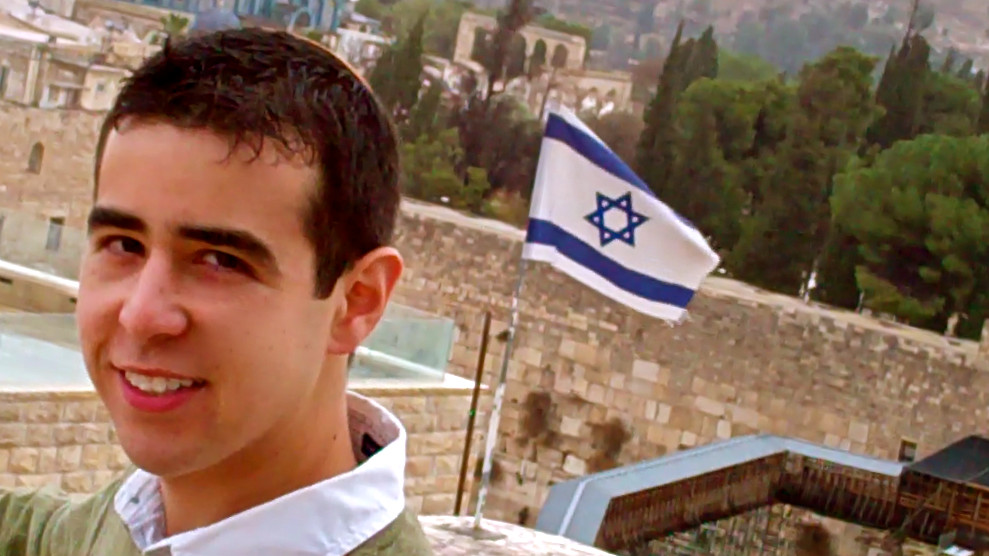From the heart of Jerusalem: Hezekiah's Tunnel Vision
Merchants rushed around frantically trying to pull in customers. Shoppers dashed through dense crowds to grab their purchases and get home while tourists observed the Friday afternoon frenzy in the Jewish shuk at Machane Yehuda. Enveloped in this unmitigated commotion of sight and sound, one man stood out in my mind. He held a long stick reaching to the ground in front of him, feeling around cautiously. He was blind.
I can’t begin to imagine the struggles of a blind person. But I can say the closest I’ve come to experiencing blindness was Thursday, February 17th when Yeshivat Orayta hiked through Hezekiah’s Water Tunnel. Flashlights would have been a good idea. We didn’t have a single one.
It was several steps into the tunnel when I froze. I couldn’t see anything. My heart sunk into my stomach as claustrophobia gripped me. I closed and opened my eyes—there was no difference. I stood stunned in place, immobilized by dread. I was at the whim of the tunnel, unable to defend myself or choose my route. I could not see my friend who had been standing inches in front of me when we entered the tunnel. I tried to feel for him with my hands. I couldn’t find him. I groped the dank stone walls cautiously, feeling around in all directions—to my left, right, in front of my head, by my knees, above my head. I made my way tediously slowly. Each step was a battle against excruciating anxiety. My hands were limited to two places at once, and in the remaining darkness I began to imagine sharp ledges jutting out of the walls, sudden drops in the ground, and low ceiling points. My hands shook with reluctance to venture out undefended and touch the unknown.
Then there was the noise. Voices all around were yelling. All different voices—some excited, others panicked. Mind-splitting cacophony blasted my ears. Sounds ricocheted off the stone walls and rang shrilly. In my moment of sightless vulnerability, the noise only deepened my confusion. I couldn’t take the noise. I needed to block the noise. I needed to do something. I started singing softly.
My voice collided with the vast commotion like a child standing under a crashing wave. I held my ground. I wasn’t singing loudly, just enough to try to block out the noises throbbing in my eardrums. But after half a minute, I heard a second voice joining me from far behind. Then another joined. Suddenly I realized we were gathering volume, actually battling with the jumbled yelling and crying. And I realized we had the upper hand. While the chaotic noise came from disjointed individuals, our singing came from a powerful group. Soon forty voices were singing together. The chorus echoed and vibrated through the stone walls. From this collective voice emanated a foundation of great security. I couldn’t see any individuals; all I heard was one voice.
I had been walking for twenty minutes, the group carrying me along. I could hear my friend singing a couple feet in front of me, and I followed his voice. My step was easy. I felt in front with my hands, but I was really seeing with my ears. I was moving as a part of a larger group through the unknown with a great anchor pulling us all.
When sight is taken out of the equation, noise can take the foreground. Such was my experience in the tunnel and no doubt the experience of the man in the shuk. But really, the noise represented far more. Clamor was the clashing of individuals in disharmony which turned to chaos. And singing was union into a single, mighty body that rose into a guiding beacon. That day in the tunnel, the people remained the same. Their individual voices and accents remained the same. But their decision to act together made all the difference.






